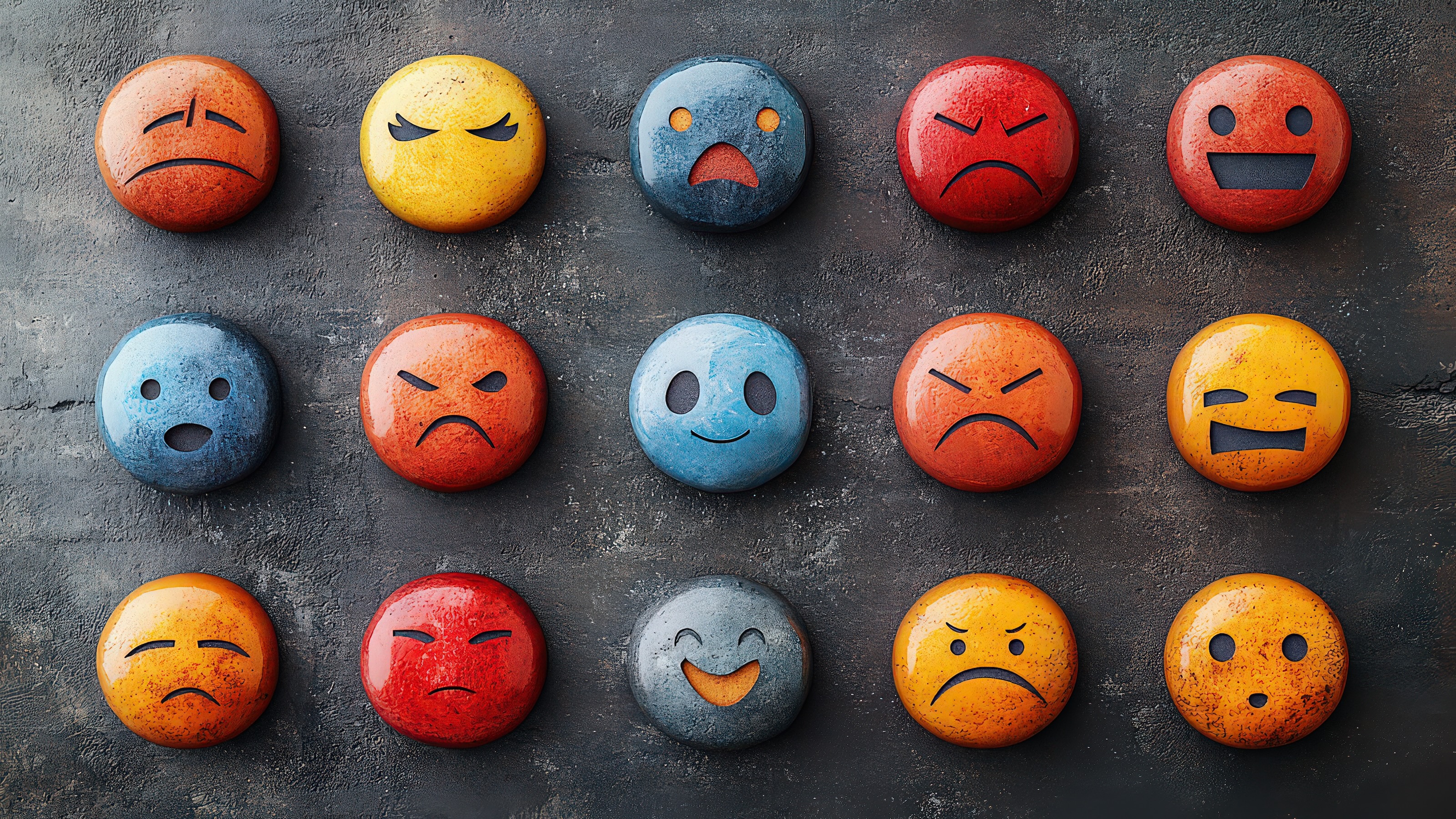Dr. Neale Martin is an expert in consumer behavior, customer satisfaction, and bridging the gap between new technologies and markets. As a consultant and executive educator, he has spent the[…]
Sign up for the Smarter Faster newsletter
A weekly newsletter featuring the biggest ideas from the smartest people
Neale Martin says our unconscious habits are not to be ignored.
Question: What’s the key to effective marketing?rnrnMartin: Well, the big idea, I think, is that within this book is the influence of the unconscious mind. It’s much more pervasive in affecting our behavior than we ever recognize and might say ever recognize. This is research, it’s really come out last 10 or 15 years where scientist have finally been able to peek inside of the working brain and get a sense of what areas in the brain are influencing our behavior. And so, there are so many things that the idea that I usually… the example I put forward to give people this idea is driving a car. You know, I don’t know how many people I’ve asked, it’s just they’ve all agreed that they do this. That you’re driving a car, so you’re guiding 3000, 4000-pound missile through traffic at high rates of speed, changing lanes, you know, moving in and out of other cars. And you’re so bored that you open up your cellphone and look for somebody to call, because you have free cycles. You know, there’s a part of your brain that’s not engaged. And that’s how powerfully persuasive the unconscious mind is. I mean, it is… I shouldn’t say persuasive, pervasive. I mean, it really is the unconscious mind does such a great job in reacting to our environment that the conscious mind is actually most of the time thinking about something totally different than what we’re doing. And, there’s some great researchers at [DUCU] really examined that element alone, which was that about half the time, we do the exact same thing at the exact same time of day in the exact same place and were thinking about something else while we’re doing it. And so, then, idea that so much of our behavior is controlled by the unconscious really goes against what most marketers think in terms of how customers make choice decisions in how they purchase items. And, you know, the other example I used a lot is, you know, imagine actually attending to every box of cereal on the cereal aisle on the grocery store. I mean, the aisle goes for, you know, 20 or 30 yards, there is, you know, stacks four or five shelves high. There is, you know, tremendous numbers of different manufacturers, all these different brands, different sizes, and then, you know, different flavors of the same cereal. And what happens is to help us navigate through this incredibly complex environment we live in, the unconscious mind develops shortcuts. Maybe the unconscious mind made the decision the first couple of times, but then you went, yeah, that cereal is good, I like it, or that toothpaste works, I like it, whatever, so I don’t have to think about that anymore. And so, the idea one that they really counterintuitive, things that I’m recommending to my clients is what you want is your customers not to think about you.





